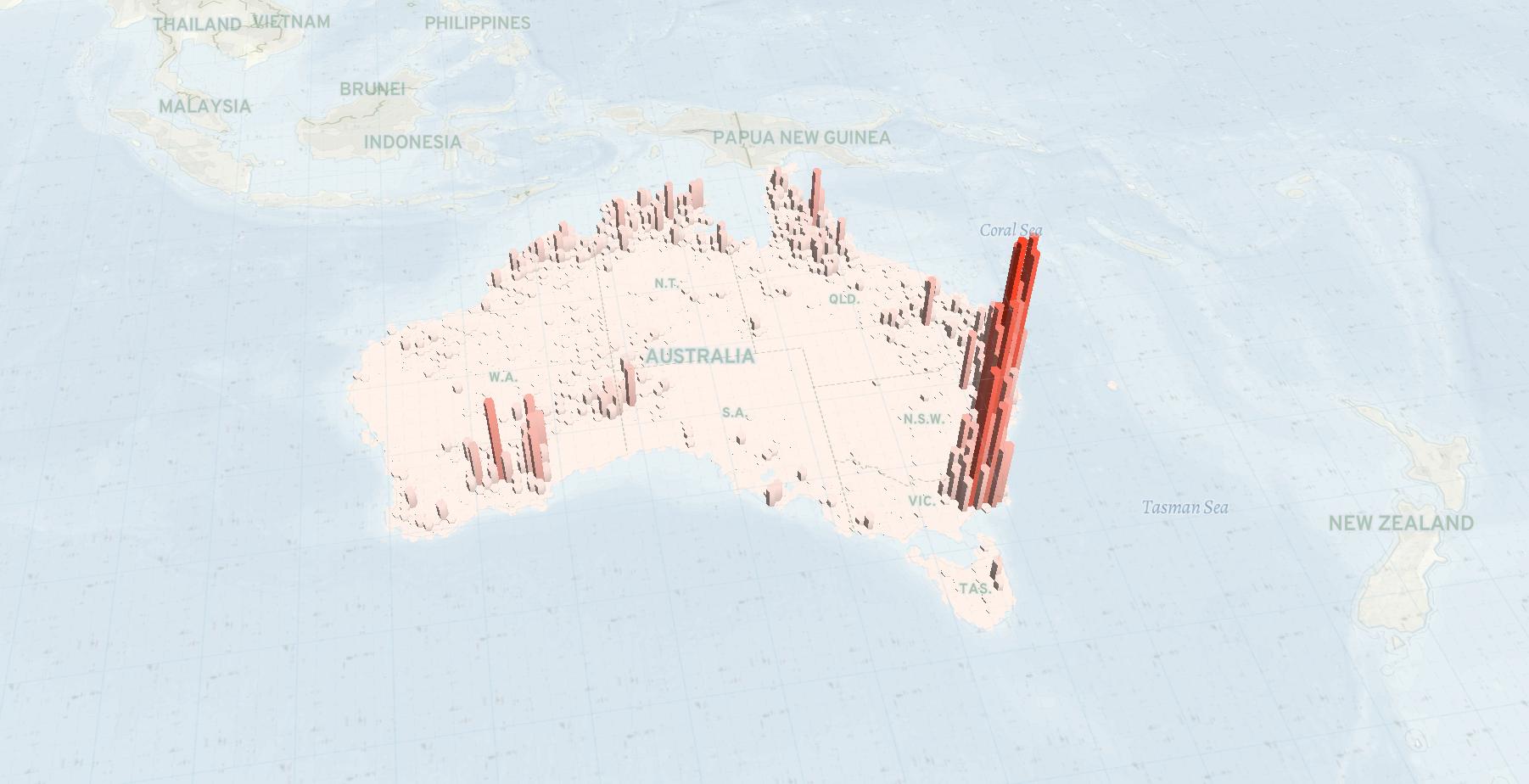On February 24, 2022, Russia invaded Ukraine, confirming the most pessimistic scenarios.
In the roughly one month since, over 3.3 million citizens have been forced to seek safety outside Ukraine’s borders, and roughly 6.5 million more remain internally displaced.
Following these developments, the Greek officials made problematic and arbitrary ― according to international law ― claims about who is or is not a “real” refugee. They also made false statements regarding the mobilization of humanitarian organizations.
Solomon asked the experts and the United Nations High Commissioner for Refugees (UNHCR), examined international law as well as Greek and European data, and demonstrates why the claims made by Greek officials do not actually reflect reality.
Mitarachi on “real” and “not-real” refugees
On February 26, 2022, on a TV morning show, the minister of Migration and Asylum Notis Mitarachi expressed the government’s intention for Greece to provide technical and humanitarian assistance to Ukraine.
The minister emphatically stated that the refugees fleeing Ukraine “are war refugees, these are the real refugees,” and added that if Greece would need to accept a number of people fleeing the country, “we are prepared to do so in cooperation with the EU.”
The minister’s statement inevitably raises the question: if Ukrainians are the “real” refugees, who are the refugees who should not, as he implies, be counted as such? Can such a distinction really be made?
Solomon reached out to two experts in migration law, Salvatore Lombardo, a lecturer at the university of political sciences Sciences Po in Paris, and Anna-Iasmi Vallianatou, a professional lawyer and researcher at British international affairs institute Chatham House.
Both told Solomon there are no “real” and “not real” refugees. “All refugees are the same once they are recognized as refugees. If you are not a refugee, then you are a migrant or a foreigner who wishes to relocate outside your country of origin,” Lombardo said.
“The distinction between ‘real’ and ‘not-real’ refugees serves political expediency and has no basis in international or European law,” Vallianatou added.
Vallianatou explained that a refugee is someone who is outside their country of origin “because of fear, persecution, conflict, violence or other situations that have seriously disrupted public order, and as a consequence cannot return to their country and needs international protection.”
She drew a parallel between the fate of Ukrainians fleeing today and that of the Afghans forced to do so after the Taliban recaptured Afghanistan last August, who can equally be recognized as refugees.
“As long as they apply for asylum and are granted refugee status, there is no difference in their legal status or the treatment they are entitled to from their host state,” Vallianatou said.
Mitarachi’s arbitrary interpretation of international law
A few days later, on March 1, 2022, speaking in the Greek parliament, the leader of the opposition party, Alexis Tsipras, accused Mitarachi of double standard humanitarianism.
Minister Mitarachi defended his position, noting that the description of Ukrainian refugees as “real refugees” was accurate.
“Ukraine borders the EU. The country has been illegally invaded, and these people are coming straight from the endangered country to EU territory,” the minister presented his explanation.
Mitarachi contrasted their case with economic migrants and asylum seekers who “come from distant countries and continents, passing through one or more countries” and argued that the asylum applications that these migrants submit are “inadmissible under European law”.
“This is what international law says,” Mitarachi concluded. His statement was described as an “international law lesson” by a government-friendly website.
However, the truth is that, taking into account what the international law actually states, the minister seems to have his own interpretation of international law.
UNHCR and international law contradict Mitarachi’s claim
Solomon contacted UNHCR, the international organization for the protection of the rights of refugees around the world, and asked whether the conditions for granting international protection set by Mitarachi are indeed valid.
UNHCR’s communications officer, Stella Nanou, explained that the primary and universal definition of a refugee is contained in the 1951 Geneva Refugee Convention. Together with the 1967 Protocol, which extended its provisions geographically, the Convention is the main legal text defining who a refugee is, what their rights are, and outlines the legal obligations of states.
“It is important to underline that nowhere in the Convention is it stipulated that a refugee should seek protection in the country closest to their homeland or in the first country where they flee,” she said, and also referred to the common example of Ukrainian and Afghan refugees, if they seek refuge beyond their neighboring countries.
“For example, a Ukrainian refugee woman is still in need of international protection, even when she crosses into countries, such as Italy or Greece, that do not border Ukraine. Similarly, an Afghan refugee woman is entitled to international protection, not only when she is in Iran or Pakistan, but also when she is in Greece,” Nanou said.
[UNHCR’s full response to Solomon can be found here.]
Moreover, Vallianatou added, the Convention itself protects refugees from penalties for illegal entry or stay in other countries, if they come directly from a country where they are in danger and present themselves to the authorities (Article 31).
“According to the Greek justice system, and refugee law experts, even refugees crossing a third country come directly,” she said.
Asylum data contradicts Mitarachi
The Migration minister’s claim is contradicted by official data from both the Greek Asylum Service and the European Asylum Support Office (EASO).
Specifically, in an EASO report on pan-European trends for 2021, the third countries whose citizens are most frequently granted asylum in the EU include Eritrea (81%), Yemen (79%), Syria (72%), and Afghanistan (where the percentage has exceeded 90% since the Taliban’s rule).
On the website of the Greek Ministry of Migration and Asylum, the most recent relevant data regarding Greece refers to January 2020. Based on this, the countries whose citizens most frequently received asylum in Greece that month were Syria (99.3%), Yemen (98.8%), Palestine (97.7%), Somalia (91%), Eritrea (89.6%), Afghanistan (71.3%), Iraq (68.5%), Sudan (60.3%), and Iran (59.3%).
In both cases, these are countries that do not border Greece, and are even further away from other European countries – their citizens, however, receive international protection.
Solomon asked the Ministry of Migration and Asylum for an explanation in regards to the discrepancy between the conditions set by the minister and the picture emerging from the Greek and European data. The Ministry did not respond to our questions.
Turkey as a “safe third country”
“I assume that the Greek minister is referring to the case of asylum seekers from what he calls ‘safe countries’, arguing that an asylum seeker should remain in the safe country through which they are passing and not seek asylum in an EU country,” Lombardo said.
However, he added, “this interpretation is contested in theory and in practice, as it depends on what is meant by ‘safe country’ and how things stand for the asylum seeker.” He highlighted two issues.
Firstly, the definition of a safe country is very “subjective.” An indicative example? Up until after the war broke out in Ukraine, the country was listed as a safe country by the Greek Ministry of Migration.
Second, if an asylum seeker is returned to a country that is considered safe, that country may refuse to readmit them and risk being returned to the country of origin. “This amounts to non-refoulement, which is prohibited by international law,” said Lombardo.
This is the case with Turkey, which the Greek government declared a safe country for asylum seekers of certain nationalities (Syrians, Afghans, Somalis, Pakistanis, and Bangladeshis) on June 7, 2021, despite the concerns raised by UNHCR and humanitarian organizations.
But as this is a unilateral action, the other side is not bound by its implementation. Turkey has stopped accepting asylum seekers’ returns from Greece since March 2020.
As a result, in 2021, more than 6,400 asylum applications submitted in Greece were rejected as “inadmissible”, while the people who submitted them remain in the country with an indefinite status as they cannot return to Turkey.
“Possibly, the Greek authorities’ pretextual use of Turkey as a ‘safe third country’ explains the distinction the minister attempted to draw between refugees who come ‘straight from the country in danger and those who cross more ― some of which may be arbitrarily deemed ‘safe’,” Vallianatou said.
But, she added, such a distinction is not enshrined in international refugee law: “It is the result of national administrative practices that violate the rights of refugees and the European asylum acquis.” The only other European country that has designated Turkey as a safe country is Hungary.
Kikilias’ irony towards NGOs
On the morning of February 26, 2022, speaking on national TV, the minister of Tourism Vassilis Kikilias was asked if Greece is likely to go to national elections before the summer.
Kikilias avoided answering the question. He took the opportunity, however, to turn the conversation to “some [others] who have to go somewhere.”
“Maybe, because there can’t be two weights and measures, could some NGOs, of all that have been operating in Greece over the years, display noble kindness and now go and help with the humanitarian crisis in Ukraine? Should we not see things as equal in the crises that exist on the planet?”

Kikilias reiterated his statement ― without the ironic reference to “noble kindness” ― also via his Twitter account.
What is interesting is that he made the aforementioned rebuke against NGOs operating in Greece within the first 48 hours of the Russian invasion, i.e. at a time when it still remained unknown how the Greek government itself would react to the developments.
As pointed out by many commentators on Twitter, including Bloomberg’s journalist Nikos Chrysoloras, at the time the Ukrainian government was not asking for aid by NGOs. But by governments.
NGOs active in Ukraine, neighboring countries, Greece
The truth is that several of the humanitarian organizations active in Greece quickly initiated actions in Ukraine and the neighboring countries receiving fleeing populations.
Among them were Terre des hommes, the International Rescue Committee (IRC), Caritas, Intersos, Médecins Sans Frontières and Médecins du Monde. The state news agency, for example, published a report on the “testimonies of Greek NGO representatives on the Polish-Ukrainian border”.
Other organizations, such as Human Rights 360, submitted proposals for the reception of Ukrainian refugees to the Greek government; organizations such as SolidarityNow opened jobs for Ukrainian interpreters to support their activities; while the Greek Refugee Forum opened its office to the Ukrainian communities in Greece in order to organize and support their initiatives.
The ministry of Migration has praised the organizations’ reaction, with a press release on March 11, 2022, on the “touching response” to the appeal for assistance to Ukrainian citizens hosted in Greece.
MP Koumoutsakos against the Red Cross and the United Nations
On March 9, 2022, government MP Giorgos Koumoutsakos made a surprising statement, especially if one takes into account his institutional experience as an MEP (between 2009-2014) and deputy minister of Migration and Asylum (from January 2020 for one year).
Referring to the plight of the Ukrainian people, speaking to the radio, Koumoutsakos said that “it is incomprehensible why we do not see the Red Cross actively and ubiquitously present and supporting these people living a tragedy, as well as the United Nations with their experience in managing humanitarian crises.”

He repeated the criticism the same day via Twitter, calling the two bodies’ action from the ground an “incomprehensible and unacceptable absence”.
But, although denounced by Koumoutsakos, such an absence never happened.
The United Nations (UN) and partners ― e.g. UNICEF and UNHCR ― are on the ground in Ukraine and neighboring countries, as is the Red Cross.
Refugees and NGOs: the double face of New Democracy
The statements of the Minister of Migration, which spread false allegations as to who the real refugees are, are not a bolt from the blue.
Solomon has documented how New Democracy transformed the “refugee” issue into an “immigration” issue: how, while still in opposition, it imposed a narrative stating that the people arriving in Greece are not refugees (to whom there are international obligations) but economic migrants (to whom “we have no obligation”).
This transformation in the public discourse was imposed through the repetition of false claims, although they were contradicted by all official data.
And so is the case today.
While government officials promote the view that the people attempting to reach Greece via Turkey are not entitled to international protection, an analysis of the Asylum Service’s data for 2021 by the organization Refugee Support Aegean (RSA), however, shows that 68.6% (almost seven out of ten) of those who applied for asylum at the Greek borders received international protection.
Nor is the suspicion towards the role of international organizations and NGOs unprecedented. Solomon has documented the consequences of governmental demonization of NGOs, the contribution of which should not be overlooked in the events of February 2020, when there were massive incidents where NGO workers on the Aegean islands were targeted.
It is interesting to note, however, that, despite years of railing against NGOs, the government continues to assign NGOs with key functions that the Greek state could shoulder (e.g. interpreting services around the country, the housing of unaccompanied minors, as well as technical works in structures and the management of the prepaid card program), thus recognizing their role.
At the same time, as Solomon and Reporters United’s months-long investigation has shown, despite its denunciatory discourse, the government appears to have no problem allocating millions of euros to NGOs within weeks of their establishment.
Pushbacks against “non-real” refugees
In her response to Solomon’s questions, UNHCR’s representative Stella Nanou stressed that under international law “all countries have the obligation to give access to their territory, even temporarily, to persons seeking asylum and protection at their borders, in order to examine their requests for international protection”.
She added that otherwise “the fundamental right to asylum and the basic principle of non-refoulement would lose their meaning completely,” and said that this obligation “applies to both land and maritime borders of States.”
But Greece appears to show unequal respect for international law along all its borders. At the same time, Greece welcomes Ukrainian refugees forced to flee their country through a secure route on its northern border, allegations of illegal abductions and refoulement of asylum seekers from the Middle East and Africa to the Aegean islands continue.
Local website astraparis. gr and the daily Efsyn documented the case of 26 asylum seekers (mainly from Palestine and Libya) who arrived on the island aiming to apply for asylum, but were forced into a coast guard vessel and were left on an inflatable boat without an engine until the Turkish coast guard spotted them.
A relative of Palestinian asylum seekers from the group told Efsyn that his family has attempted to come to Greece three times since last December.
Could his relatives be “real” refugees? All indications say yes, as figures released by the Greek Asylum Service show that the rate of receiving international protection for Palestinians is 97.7%.
Yet, first, of course, they would need to manage to apply for asylum.






